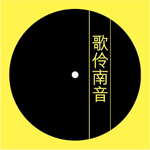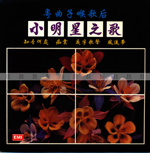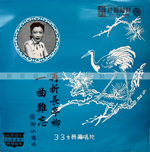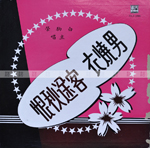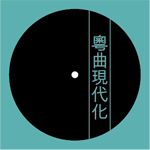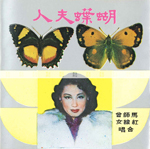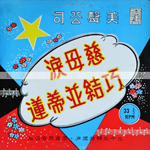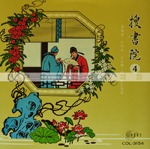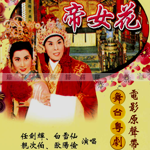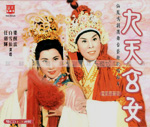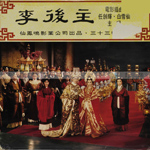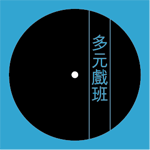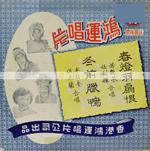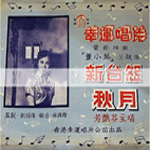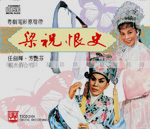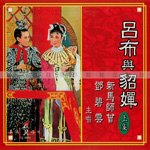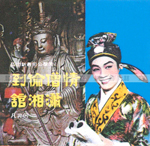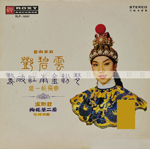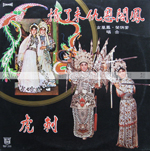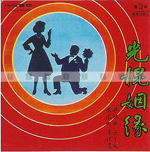Since the early twentieth century, Hong Kong has always been an important venue for Cantonese opera development. After 1949, as a result of political turmoil in the Mainland, performers and troupes converged and resettled in the territory, leading to a tremendous prospering of Cantonese opera in the subsequent decade. This development is linked intimately with the rise of the electronic media.
Performers and troupes began to grasp the possibilities offered by film and radio to re-examine age-old performance practices with regard to acting, singing, script writing, instrumentation, and stage set-up. They brought in novel elements from the theatre and movie world, and participated in the production of films and records. With these acts, they are extending the movement to modernize Cantonese opera that began in the 1930s.
Wong Jum-sum was thoroughly immersed in the world of Cantonese opera from young. Through his close encounter with master performers like Hung Sin-nui, Ma Si-tsang, Yam Kim-fai, Pak Suet-sin and Tong Dik-sang, he witnessed first hand the modernization of Cantonese opera, and was mightily moved by the adventure and passion he saw.
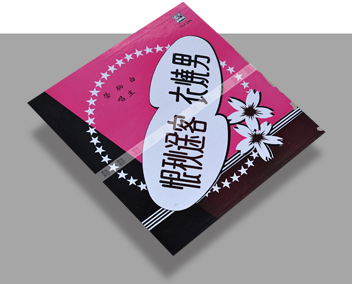

撰曲:黃少拔
初撰:葉瑞伯
主唱:白駒榮
(南音)
涼風有信。秋月無邊。思嬌情緒好比度日如年。小生謬姓蓮仙子,為憶多情妓女麥氏秋娟。見佢聲色性情人贊羨,更兼才貎的確兩相全。今日天隔一方難見面,是以孤舟沉寂晚景涼天。你睇斜陽照住個對雙飛燕,獨倚蓬窗思悄然。耳畔聽得秋聲桐葉落,又只見平橋衰柳鎖寒烟。
